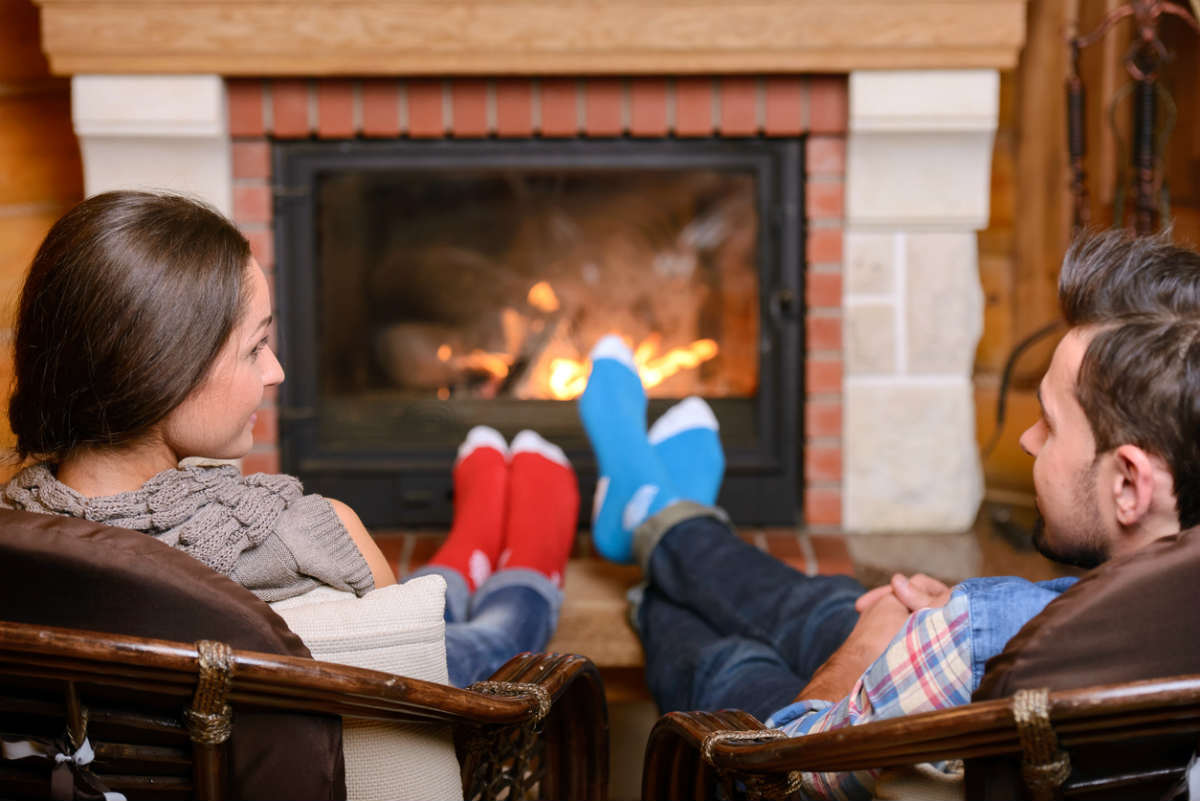January 31, 2017

Avoid These Common Pitfalls To Achieve Optimal HVAC Energy-Efficiency
Energy efficiency is a topic that has assumed great importance over the past couple of decades. Homeowners are also trying their best to make all sorts of adjustments to make their homes more energy-efficient. However, it often happens that many of their well-meaning efforts at achieving energy efficiency have the opposite effect. Our St. Louis HVAC experts advise homeowners to be wary of these pitfalls, so they can be successful at making their home greener. Here are a few common pitfalls to avoid.
Improperly sized HVAC systems
Investing in a modern, energy-efficient HVAC system is probably the best way to reduce utility bills and make your home greener. However, this can be achieved only if your HVAC system is of a suitable size. If the system is too large for your home, it will cool and heat the home too quickly and will need to cycle on and off frequently. This will put additional strain on the system and your wallet. If the system is too small, it will run continuously in a struggle to cool or heat the house. So, it is important to consult a St. Louis HVAC technician to determine which size is right for your home.
Misguided energy-saving attempts
Many homeowners, in an attempt to keep their homes warm without using the furnace, turn to their fireplaces. However, this can do more harm than good. Their fireplaces often provide a giant hole to the outdoors from where cool air enters their home. The fire can’t do much to counter this cold air, so you will still have a cold house. So, even if you have a fireplace, use a fireplace damper to seal it in order to avoid a continuous influx of cold air.
Excessively tight home envelope
While it is common sense that a tight home envelope will keep cooled and heated air inside and prevent outdoor air from entering the home, tightening the envelope excessively without considering air circulation can result in poor indoor air quality. An overly tight envelope can cause pollutants such as carbon monoxide and volatile organic compounds to build up in the indoor air. This can lead to health problems such as allergies and asthma. It is therefore important that your home is well-ventilated.
Improper HVAC maintenance procedures
If you want to achieve maximum possible energy efficiency for your HVAC system, you should ensure regular system maintenance. However, it is important to make sure that you find an HVAC company you can trust. If the maintenance is not performed correctly, your system may not work properly and generate more than a permissible amount of carbon monoxide. Each year, 15,000 people visit emergency rooms with non-fire related CO poisoning. Another 500 are killed in such accidents.
